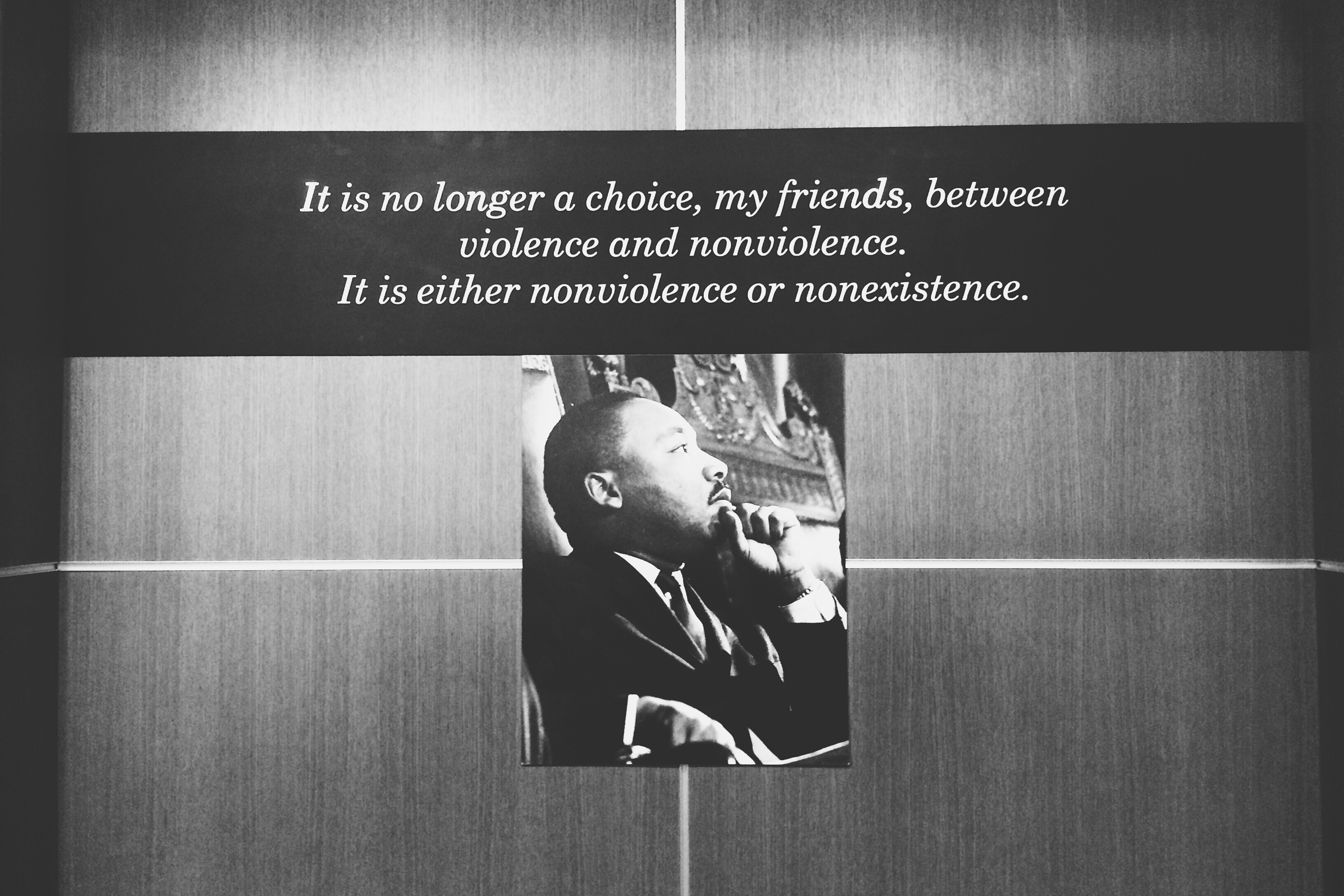Look back: National news brief April 1-7
Read the biggest news that matters to you this week

April 3 YouTube Shooting – a vendetta against YouTube’s new policies
- A shooting occurred on YouTube’s California headquarters, injuring three. Two are out of the hospital, while one remains in critical condition.
- The identified shooter was Nasim Najafi Aghdam, a YouTube user in her 30s. She killed herself on site before police could approach her.
- Her father told the police she might have committed the crime as a vendetta. He said Aghdam was angry with YouTube who, according to his daughter, stopped paying her for videos she posted on the platform.
- She is not the first YouTuber to be angry with the social media platform. An advertisement policy change in early 2017 left many YouTubers stripped of ads and in turn, revenues.
- SCAD students who manage, or plan to manage a YouTube account for a living, should know the company launched a filter on the site that analyzes videos for any offensive content. If found, YouTube will strip ads from the videos.
- The problem was the filter was imperfect — often serious, non-offensive videos were robbed of financial support.
- The Atlantic wrote, “Terrorism is, in any form, for any cause, spectacular violence for political ends. It seems appropriate to call Aghdam the first terrorist of a major social network.”
April 4: 50th anniversary of Dr. Martin Luther King Jr.’s assassination
- The nation commemorated the 50th anniversary of Dr. Martin Luther King Jr.’s assassination. At 7:01 p.m. bells rang across the nation 39 times to remember King’s 39 years of life.
- In Atlanta, the National Center for Civil and Human Rights, King National Historic Park, Morehouse College and King Birth Home hosted day-long activities, events and symposium to honor the civil rights legend’s death. See the details of each event in this Atlanta Journal-Constitution article.
- New York Times and the Washington Post recalled an important, but little-known, speech by Robert F. Kennedy, the younger brother of President John F. Kennedy, given on the night after King’s sudden death. On April 4, 1968, Kennedy was in Indianapolis to give a speech for his presidential campaign. Upon hearing King’s assassination, his advisers told him it was best not to address the crowd who, like other crowds in the nation, might start a riot.
- Kennedy insisted on going and revised his speech completely. He broke the news to the crowd and pleaded them to continue King’s vision of peace — to not indulge in hatred but love. He said, “We can move in that direction as a country, in greater polarization … black people amongst blacks, and white amongst whites, filled with hatred toward one another. Or we can make an effort, as Martin Luther King did, to understand, and to comprehend, and replace that violence, that stain of bloodshed that has spread across our land, with an effort to understand, compassion, and love.”
- Before he spoke on the stage, the crowd challenged his legitimacy to speak as a white man, yet he anchored his speech as he brought forth his brother, John F. Kennedy’s death: “For those of you who are black and are tempted to fill with hatred and mistrust of the injustice of such an act, against all white people, I would only say that I can also feel in my own heart the same kind of feeling. I had a member of my family killed, but he was killed by a white man.”
Ongoing: The trade war that might harm the Republican party in November’s congressional election
- On Wednesday, April 4, President Trump tweeted, “We are not in a trade war with China.”
- A trade war is when countries impose tariffs on each other’s exports to restrict trade. It’s usually a means to get the other country to abide by a goal.
- The tweet came in the midst of panic across the world as China retaliated against Trump’s tariffs on China’s steel and aluminum exports. Let’s backtrack.
According to MSNBC:
- Trump announced the tariffs back in February. On Monday, April 2, China said they would impose a tariff worth $3 billion on imported American goods. This decision shouldn’t come as a surprise to Trump supporters — Trump repeatedly declared trade with China was unjust on the campaign trail.
- On Tuesday, April 3, Trump increased his tariff, saying he would impose $50 billion worth of goods on Chinese exports. If this happens, electronics prices would rise for U.S. customers.
- Later that night, China said they would impose another tariff of $50 billion worth of U.S. exports, targeting soybeans, cars, beef and whiskey.
- On Thursday, Apr 5, the Trump administration announced they were considering imposing another $100 billion worth of tariffs on Chinese goods.
- So far all of these are just talk — so how severe is this? Former U.S Trade Representative Michael Froman said “It is just talk right now, but it is serious. It’s like two armies lining up on opposite sides.”
- China’s retaliation is directly targeted at the Republican Party. Analysts say the specific goods China imposed tariffs on are mainly produced in Republican states.
Should China be punished for their trade policies? Could the U.S. strike a better deal with China without a trade war? Is a trade war necessarily bad? These are the questions we need to keep in mind as events develop.























